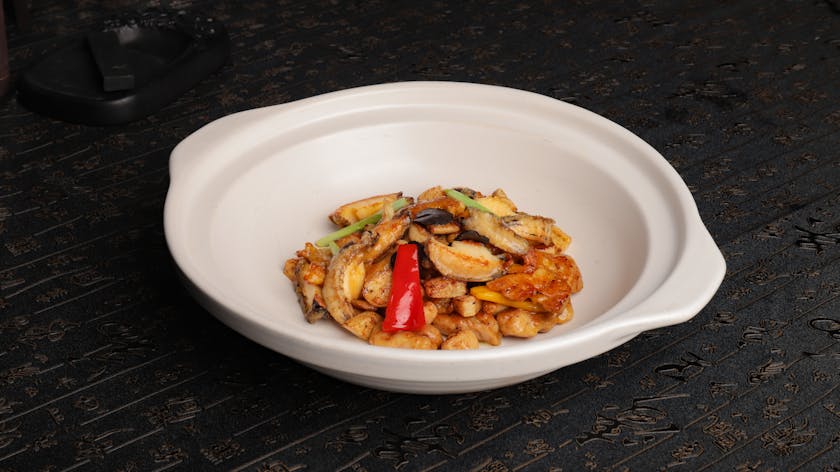With the blog post topic of bulk meal storage playing a crucial role in emergency preparedness, it’s essential to understand how to effectively stockpile food for long-term use. This guide will provide you with the steps to ensure your pantry is prepared for any situation.
Understanding the Basics of Bulk Meal Storage
When planning for emergencies, one of the first things to consider is the longevity and nutritional value of your stored food. Bulk meal storage is not just about having enough to eat; it’s about having the right kinds of food to sustain health and energy levels during stressful times.
Choosing the Right Foods for Your Storage
Selecting foods with a long shelf life is key to a successful emergency food supply. Consider non-perishable items such as rice, beans, lentils, pasta, and dried fruits. These staples can last for years when stored properly. Also, incorporate a variety of canned goods, including vegetables, meats, and soups, which offer convenience and diversity to your meal planning.
Proper Storage Solutions
To maintain the quality of your bulk foods, store them in a cool, dark, and dry place. Use airtight containers made of food-grade materials to protect against pests and moisture. Label each container with the contents and the date of storage to keep track of your inventory and rotate supplies as needed.
Freezing for Longevity
Freezing is an excellent option for extending the shelf life of many foods. Freeze-dried meals, meats, and even certain dairy products can be stored for extended periods without losing their nutritional value. Remember to keep a generator or alternative power source in mind, as reliance on electricity could be a risk during extended outages.
Organizing Your Bulk Meal Storage
Having a well-organized storage system will save time and stress when accessing your supplies. Group similar items together and use a first-in, first-out (FIFO) rotation system to ensure older items are used before they expire. Consider installing shelving units specifically for your food storage to maximize space and maintain order.
Inventory Management
Keep a detailed inventory list of your stored items. This list should include quantities, expiration dates, and potential allergens. Regularly review and update your inventory to ensure a balanced supply of nutrients and to replace any items that may have been consumed or gone past their prime.
Meal Planning and Preparation
When an emergency strikes, having a plan for meal preparation is as vital as the food itself. Create a meal schedule that utilizes the ingredients you’ve stored, and practice preparing these meals to streamline the process when needed. Consider the use of alternative cooking methods, such as solar ovens or portable stoves, in case traditional appliances are not available.
Stay Informed and Educated
Emergency preparedness is an ongoing process. Stay informed about the latest recommendations from emergency management organizations and continually educate yourself on food safety and storage techniques. This knowledge will empower you to make informed decisions and adjustments to your bulk meal storage plan.
By following these guidelines for bulk meal storage, you’ll be well-equipped to handle emergencies with confidence. Remember, the key to successful emergency preparedness is not just having resources but having the right knowledge to use them effectively.




